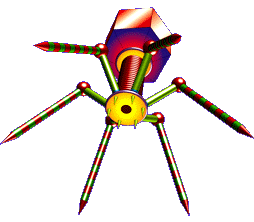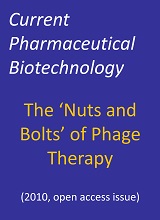

In eukaryotes, a combination of interphase and M phase.
Broken down further, the cell cycle consists of G1 (a Gap phase), S phase, G2 (also a gap phase), and M phase (for mitosis or, more precisely, cell division).
In addition there is G0, which is an extension of G1 during which in a sense the cell cycle has been suspended, either temporarily or permanently. It is particularly during G0 that cells do everything that they do while they are not dividing.
Consideration of the cell cycle involves not just what happens and when but also what controls what happens (and when). Particularly relevant is the concept of checkpoints, which are points of commitment by a cell to the next phase of the cell cycle. Basically cells don't progress past a checkpoint until they are 100% ready to undergo the next step of division.
It is fascinating from an historical perspective that the cell cycle emphasizes a relatively minor component of what eukaryotic cells are generally up to, that is, dividing rather than when they are not dividing. This emphasis, however, reflects where the concept of the cell cycle came from, which of course was within the context of studying cell division rather than what cells do while they are not dividing.
Thus we have the term "gap" applied to the portions of the cell cycle when cells are, well, acting like cells, and a substantial amount of detail instead devoted to what is involved in cell division, which often is an only minor aspect of a typical eukaryotic cell's lifespan. Clearly under a light microscope cells are most exciting when they are dividing!
For more on this topic, see Wikipedia and Google. Contact web master. Return to home.











